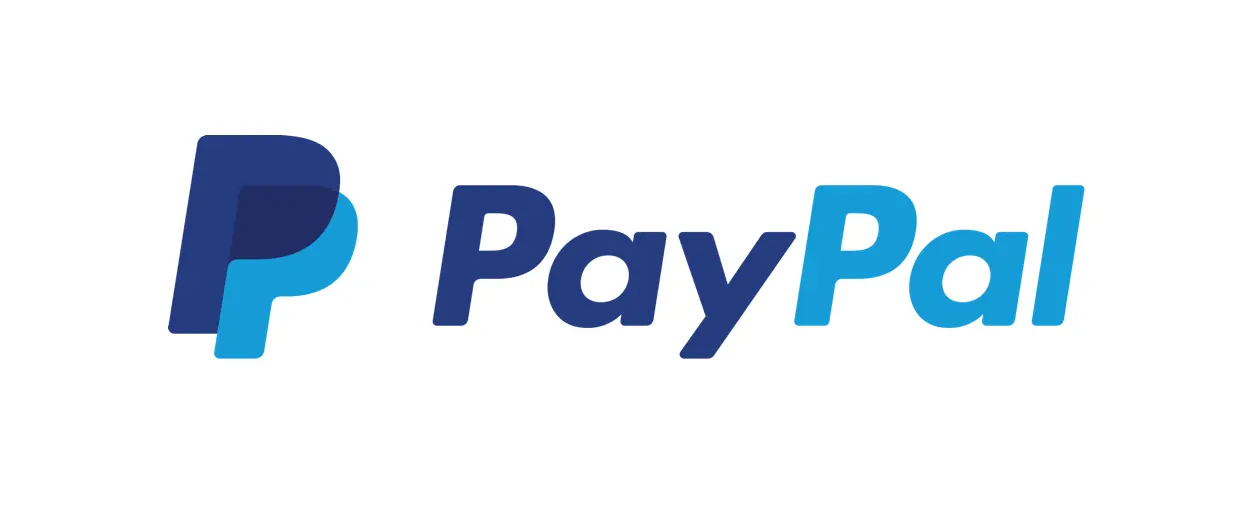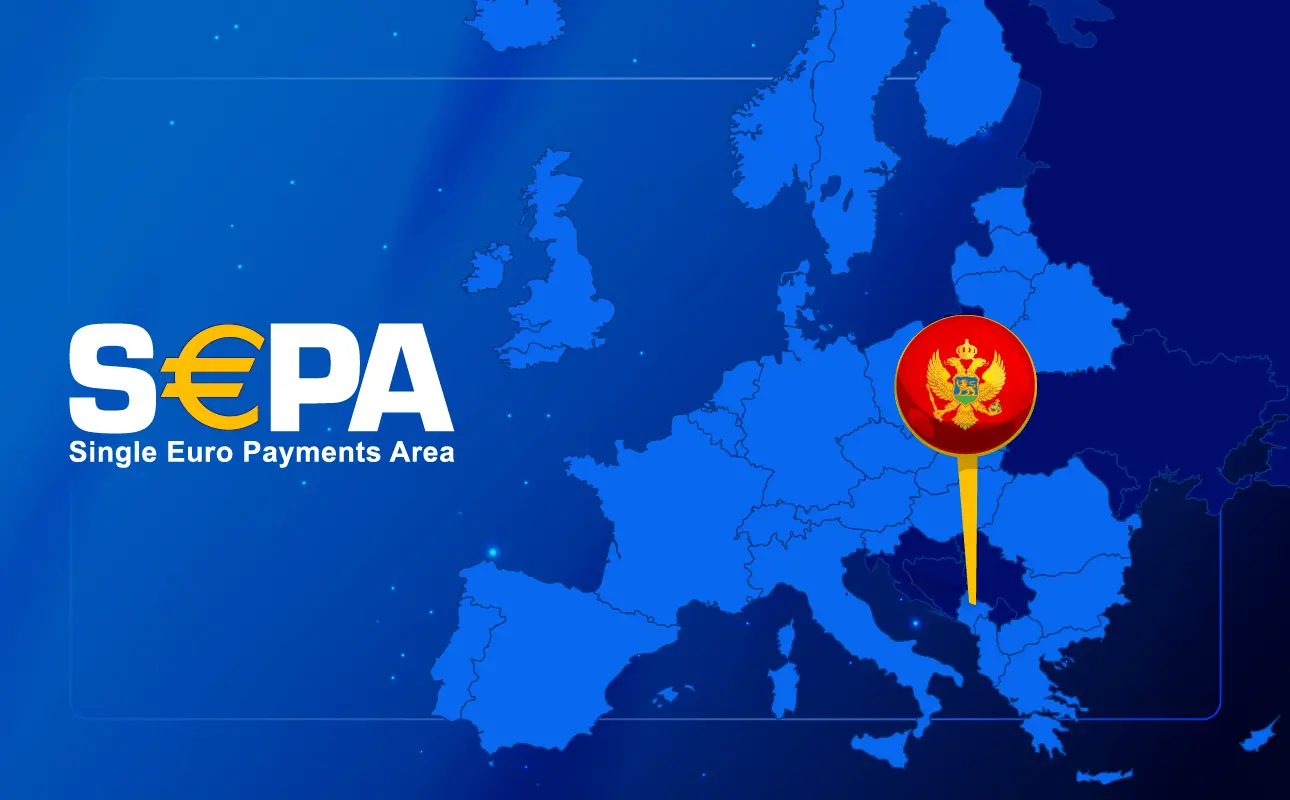The real question is not why Montenegro fails to meet PayPal’s requirements—meaning that for over a decade its citizens have only been able to use the service for payments but not to receive money—but rather who has an interest in keeping things that way. The restriction on receiving funds benefits domestic banks with foreign ownership, as well as foreign financial institutions that control the country’s foreign currency flows.
This is one of the points made in an interview for Vijesti by Dejan Abazović, MSc in electronics and telecommunications, IT consultant, and former State Secretary at the Ministry of Public Administration (MPA).
For Vijesti, he outlines the pros and cons of PayPal, the alternative services, and stresses that if Montenegro wants to advance in the digital economy and become competitive in the global market, it must review the current situation and give citizens and businesses better access to international financial services.
Over a Decade of Promises
After years of announcements, PayPal became available to Montenegrin users in 2014. At that time, it allowed users in Montenegro to pay for goods and services online via PayPal accounts. To this day, it is still not possible to receive funds on PayPal accounts, despite announcements that it would happen.
After ten years, the Ministry of Public Administration passed on negotiations with PayPal to the Regional Cooperation Council. At least three months ago, the Council officially contacted PayPal on behalf of the Western Balkans, but as they told Vijesti recently, they have yet to receive a response.
For years, the main question regarding PayPal was: who decides whether users in Montenegro will get the full service? The answers varied: PayPal previously claimed that Montenegrin regulations blocked the two-way service, while Montenegrin institutions denied this, saying the decision was up to PayPal.
Abazović believes that is the wrong question.
“The real question is not why Montenegro does not meet PayPal’s requirements, but who has an interest in maintaining this situation,” he says.
According to him, the explanations offered over the years for why Montenegro only has the “send” function (sending money) but not the “receive” function (receiving money) are of a technical or regulatory nature.
“The core problem lies in the way Montenegro’s financial market is structured. The restriction on receiving funds benefits domestic banks with foreign ownership and foreign financial institutions controlling the country’s foreign currency flows, while leaving citizens and businesses at a disadvantage,” he explains.
Foreign Currency Accounts, Foreign Banks…
Anyone—individual or company—who wants to receive money from abroad must use foreign currency accounts at commercial banks, Abazović notes, adding that banks “charge significant fees for receiving and withdrawing funds.”
If citizens and companies in Montenegro could receive money on PayPal accounts, it would mean “a cheaper and more efficient way of doing business,” which would reduce the profits of domestic banks and their control over capital inflows.
In addition to domestic banks with foreign ownership, large foreign financial institutions operating in Montenegro, as well as correspondent banks handling international transfers, play a significant role.
“These institutions have a direct financial interest in keeping transactions within their channels, because that’s how they earn extra income. Allowing PayPal to work without their mediation would reduce their control over the country’s financial flows,” says Abazović.
He recalls that in the past 15 years, various Montenegrin governments tried to establish cooperation with PayPal and enable the platform’s full functionality.
“However, every attempt ended without a clear answer or results. PayPal makes decisions based on its own risk, profitability, and regulatory compliance assessments, but there is reasonable suspicion that its decisions are also influenced by the network of financial interests it doesn’t want to disrupt. Montenegro, as a small market with weak influence in global finance, likely isn’t in a position to push for changes in its favor.”
According to him, international financial institutions may also play a role.
“Over the past three decades, Montenegro’s economic policy has been strongly influenced by international financial institutions, with key decisions often made in line with the interests of major global players, not necessarily the domestic economy and citizens. The lack of strategic economic sovereignty has left Montenegro unable to shape its financial system’s rules in favor of its people; instead, they are subject to a system more suited to the interests of foreign banks and institutions.”
Such a financial model, he warns, has long-term negative effects: it limits the development of the digital economy and entrepreneurship, encourages the “grey economy,” and increases the emigration of skilled labor.
“Montenegrin businesses and freelancers are forced to use expensive and complicated methods to receive payments, reducing their global competitiveness. Because they can’t legally receive money via PayPal, many turn to informal channels, making it harder to track financial flows and reducing the state’s tax revenues. Young professionals working for foreign companies often open accounts abroad or decide to move permanently to have unrestricted access to global finance.”
Alternatives Do Exist
Although PayPal in Montenegro does not allow receiving money, that doesn’t mean citizens and companies are without options.
“There are several alternative methods for receiving funds from abroad, each with its own advantages and limitations,” he says, listing the following: Wise, MoneyGram, Stripe, cryptocurrencies…
SEPA and PayPal
One solution, Abazović notes, is SEPA (Single Euro Payments Area), a unified area where euro transactions follow the same standards regardless of borders. Asked whether SEPA in Montenegro could replace PayPal for Montenegro, he says it depends on the need.
SEPA advantages: cheaper for large amounts, standardized EU-wide transactions, fast processing—especially SEPA Instant, which completes transfers within seconds; regulated by EU law, offering high security and consumer protection.
SEPA disadvantages: mainly available in the EU and a few other countries, limited use outside that area; lacks PayPal’s features like easy refunds or e-commerce integration; not 24/7—depends on bank working hours; requires a foreign currency bank account and basic banking infrastructure; banks may demand extra formalities for international transfers.
PayPal advantages: available in almost all countries worldwide, ideal for international transactions; offers refunds, buyer protection, easy integration with online stores; simple, intuitive interface; fast for small and international payments; great for e-commerce.
PayPal disadvantages: higher fees compared to SEPA, especially for international payments and currency conversion; withdrawals to a bank account can take several days; cases of fraud and abuse exist; requires internet access.
The Way Forward
If Montenegro wants to advance in the digital economy and compete globally, Abazović says, it must review the current state of affairs and give citizens and businesses better access to international financial services.
“The PayPal issue is not just technical or regulatory—it is economic and strategic. As long as money can leave the country but not enter, Montenegro will remain a market of limited opportunities, where the interests of powerful financial players outweigh the needs of its people.”
He adds that SEPA is ideal for intra-European transactions due to low fees and standardization, while PayPal is better for global payments and flexibility. Both have pros and cons, and the choice should depend on users’ specific needs.




